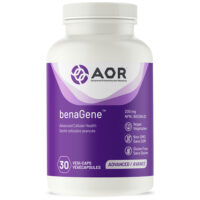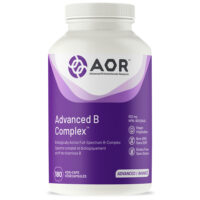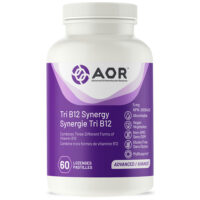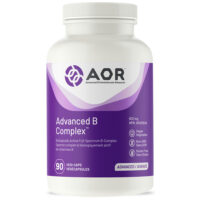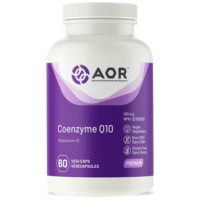Soy has long been used as a healthy substitute for many food ingredients. The bean has been touted for decades as a source of numerous nutrients, including protein, amino acids, calcium and fiber. And more recently, it has been discovered that soy also contains phytochemicals that boost its benefits to our health.
Soy for the Heart
Scientists have been studying soy’s benefits to the heart since 1909. Soy has been found to lower LDL (bad cholesterol) levels, while preserving HDL (good cholesterol) levels. Soy also contains lecithin and Vitamin E, two natural antioxidants that are good for the heart.
Another heart benefit of soy is the fact that it contains the isoflavone genistein, which is thought to reduce blood clotting. This could help prevent both heart attacks and strokes. Genistein is also believed to help prevent the formation of artery plaque.
Soy Protects Against Cancer
Many types of cancer have been linked to elevated hormone levels. Excess estrogen, for example, has been associated with numerous types of cancer in women and prostate cancer in men. The isoflavones found in soy, genistein and daidzein, are being studied in relation to the prevention and treatment of these and other hormone-related cancers.
These components of soy are believed to prevent and sabotage the growth of cancer in a number of ways. They can prevent estrogen from entering cells, and they may block genes and processes that are necessary for cancer to take hold, grow and spread. Studies have also shown genistein to activate helpful genes that promote the self-destruction of cancer cells.
Soy for Healthy Bones
Calcium is one of the most important nutrients we can consume for healthy bones. Using soy as a replacement for animal foods allows us to keep calcium in our diet, as a number of soy foods are high in calcium. In addition to calcium, soy contains magnesium and boron, two nutrients that enhance the effects of calcium.
Soy Fights Hot Flashes
Hot flashes and night sweats are two of the most bothersome symptoms of the menopause. Research has shown that menopausal women who consume soy flour each day have a large reduction in symptoms such as hot flashes.
How Can I Add Soy to My Diet?
There are many foods available that contain soy. Soy milk can be used as a substitute for cow’s milk, and soy flour is a healthy substitute for wheat flour. Tofu is a popular soy-based food that can be eaten alone or used in recipes. And fresh green soybeans, known as Edamame, can be cooked and eaten alone or used in recipes.
Soy has numerous health benefits. It provides us with several essential nutrients, and studies have proven it helpful in the prevention and treatment of many ailments. Adding soy to your diet is very worthwhile, whether you are battling health problems or just want to improve your overall health.


